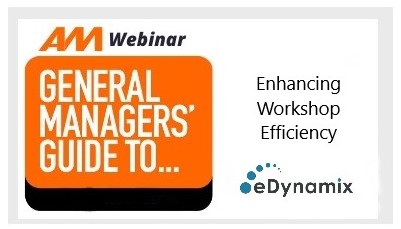The introduction of Clean Air Zones (CAZ) is a vital step towards the Government achieving its plans to phase out both petrol and diesel cars by 2030 to reduce emissions and combat climate change.
Whilst these are long-term considerations, dealers would be wise to start reviewing their stock and making strategic considerations early in order to tap into expected demand for newer vehicles.
CAZ plans across the country were delayed last year following the pandemic but with the recent introduction in Birmingham this month, many more cities including Bristol, Leicester and Manchester will soon follow suit to improve air quality and preserve the environment.
In fact, some cities such as London and Oxford will be taking measures a step further by introducing Ultra Low Emission Zones (ULEZ) and Zero Emissions Zones (ZEZ) respectively.
Charges and restrictions vary based on location but will mainly see drivers in non-compliant vehicles charged a fine.
In Birmingham cars and vans that meet Euro 6 for diesel engines and Euro 4 for petrol are exempt from any charges and restrictions but it’s estimated that 40% of vehicles entering the zone each day will not be compliant, which offers a big opportunity for car dealers.
Coupled with the fact that, as the nation works its way through the Government’s route out of lockdown, many city councils will be gearing up for an influx of office workers returning to regular commuting.
Alongside this, the pandemic and lockdown periods had an undeniably positive impact on the environment.
Many commuters will be looking for a way to preserve this, creating the perfect storm for a rise in demand for sustainable vehicles.
In order to effectively tap into this demand, car dealerships across the country should be taking note of the new and upcoming changes to city travel, reviewing their portfolio of vehicles and updating stock accordingly.
In order to comply with CAZ regulations, diesel cars must have been registered since September 2015 and petrol cars should be no older than 12 years old, so dealerships will need to increase these vehicles if needed.
For independent dealers with limited capacity and resources, securing stock funding through a finance provider and sourcing used cars through its auction partners is a streamlined and efficient way to gain access to additional vehicles to meet demand.
It’s worth noting that CAZ restrictions are currently only a concern for commuters travelling in and out of cities and urban environments, so dealers will also need to be aware that demand in rural areas will likely differ. However, ultimately, this is where the landscape is heading.
To meet the Government’s sustainable travel plans, electric and hybrid vehicles will become much more commonplace in the next five to 10 years, especially as charging infrastructure around the country improves.
Many brands have already cemented their commitment to zero-emissions such as Royal Mail, which recently launched its first electric vehicle fleet in Bristol and Jaguar Land Rover (JLR) announcing that its Jaguar brand will be fully electric by 2025.
Ultimately, this means big changes are afoot and both franchised and independent dealers will need to start putting strategies in place to meet the changing needs of legislation and its customers.
As the industry continues to move towards sustainable travel, there is plenty of support available to dealers from funding partners and auction houses to ensure that the transition is a smooth one.
Author: David Nield, managing director, V12 Vehicle Finance

















Login to comment
Comments
No comments have been made yet.